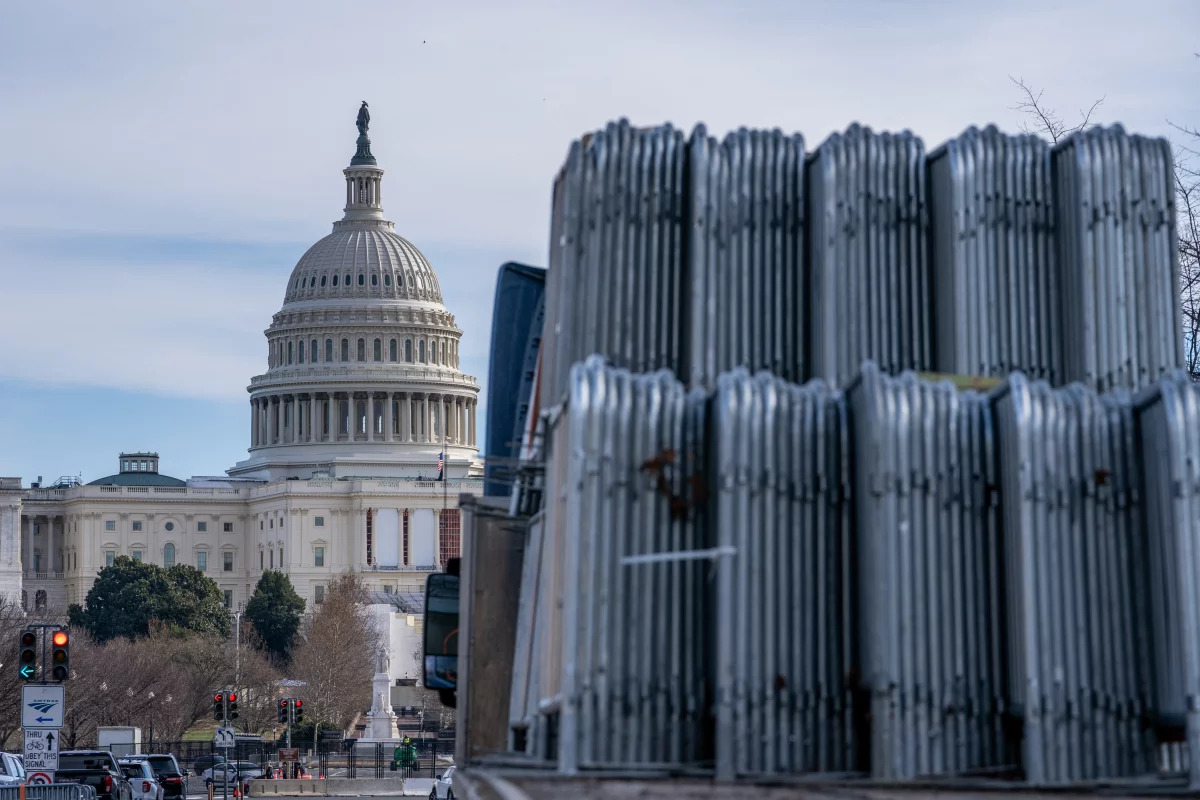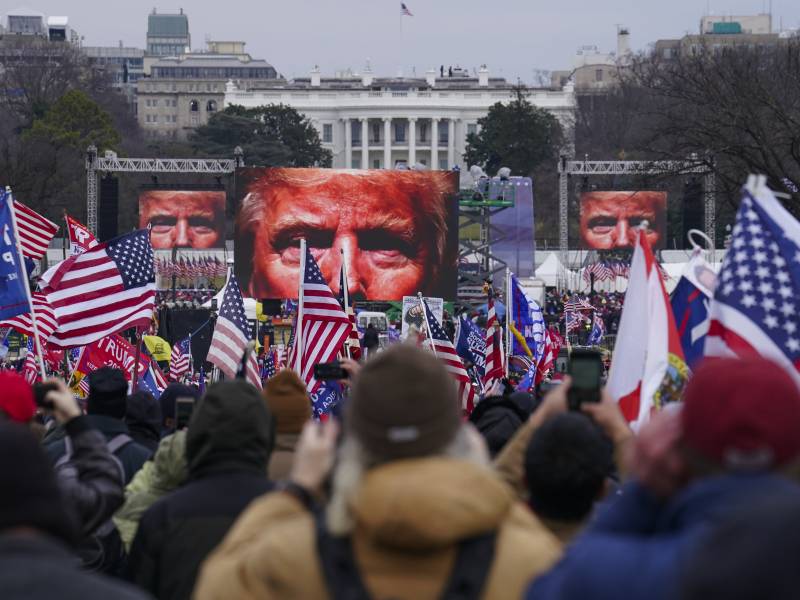Even before 2020, which saw more than 100 Republican members of the House and Senate object to the results in response to Trump’s false claims, objections had started to become more common as the electoral processes in 2000, 2004 and 2016 all involved some element of controversy.
“Congress had started sort of sliding into this practice of having at least some members object to receiving votes from a state because of their disagreements with how the voting process had played out in those states,” Pildes said. “The [ECRA] is designed to put that genie back in the bottle.”
Pildes added that he thinks the violence last election cycle will also make members of Congress more hesitant to object to results for purely political reasons.
Democratic Rep. Jamie Raskin, a Trump foil who served on the Jan. 6 investigative select committee, told NPR he’s proud that Democrats have accepted the 2024 election results, even if certifying Trump as a victor after all his election lies has created “a very frustrating situation.”
“I think that we can feel proud of the fact that despite our profound disappointment and frustration about what happened in the 2024 presidential election, we’re standing by the results,” Raskin said.
The ECRA also clarified that for an objection to be sustained, it requires a majority vote in both the House and the Senate.
A clearer role for Harris
Four years ago, chants of “Hang Mike Pence!” rang out in the Capitol, as then-President Trump told his supporters that the vice president had the power to overturn the will of the voters.
At the time, legal experts said that wasn’t true, that the vice president’s role in certification, even according to the original Electoral Count Act, was purely ministerial.
But the new ECRA clarified that point even further, saying explicitly that the vice president “shall be limited to performing solely ministerial duties” and that the VP has “no power to solely determine, accept, reject, or otherwise adjudicate or resolve disputes over the proper certificate of ascertainment of appointment of electors, the validity of electors, or the votes of electors.”
The vice president’s role in the process will still present an extraordinary moment, as Kamala Harris will oversee the certification of the election in favor of her opponent in the race (as Al Gore did in 2001).
‘Special Security Event’

The final change doesn’t have to do with the ECRA but will still be felt throughout the day at the Capitol: heightened security.
Officials across the U.S. government have admitted that security on the day of the Capitol riot was not commensurate with the risk of a mass violence event.
That will not be the case this year.
In September, the Department of Homeland Security announced that the counting of electoral votes on Jan. 6 would be designated a “National Special Security Event,” putting it on par with a presidential inauguration and freeing up more federal resources for security.


